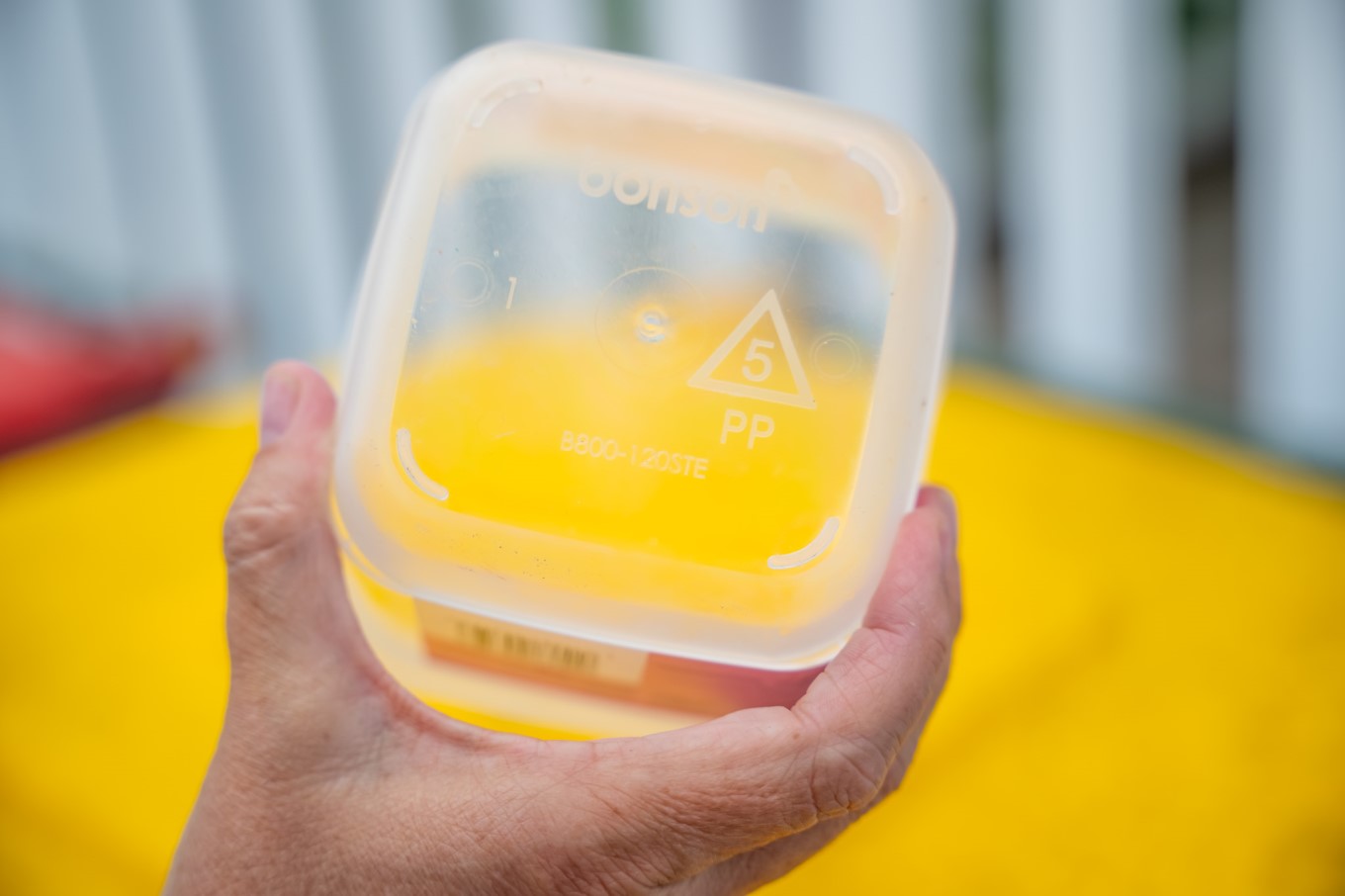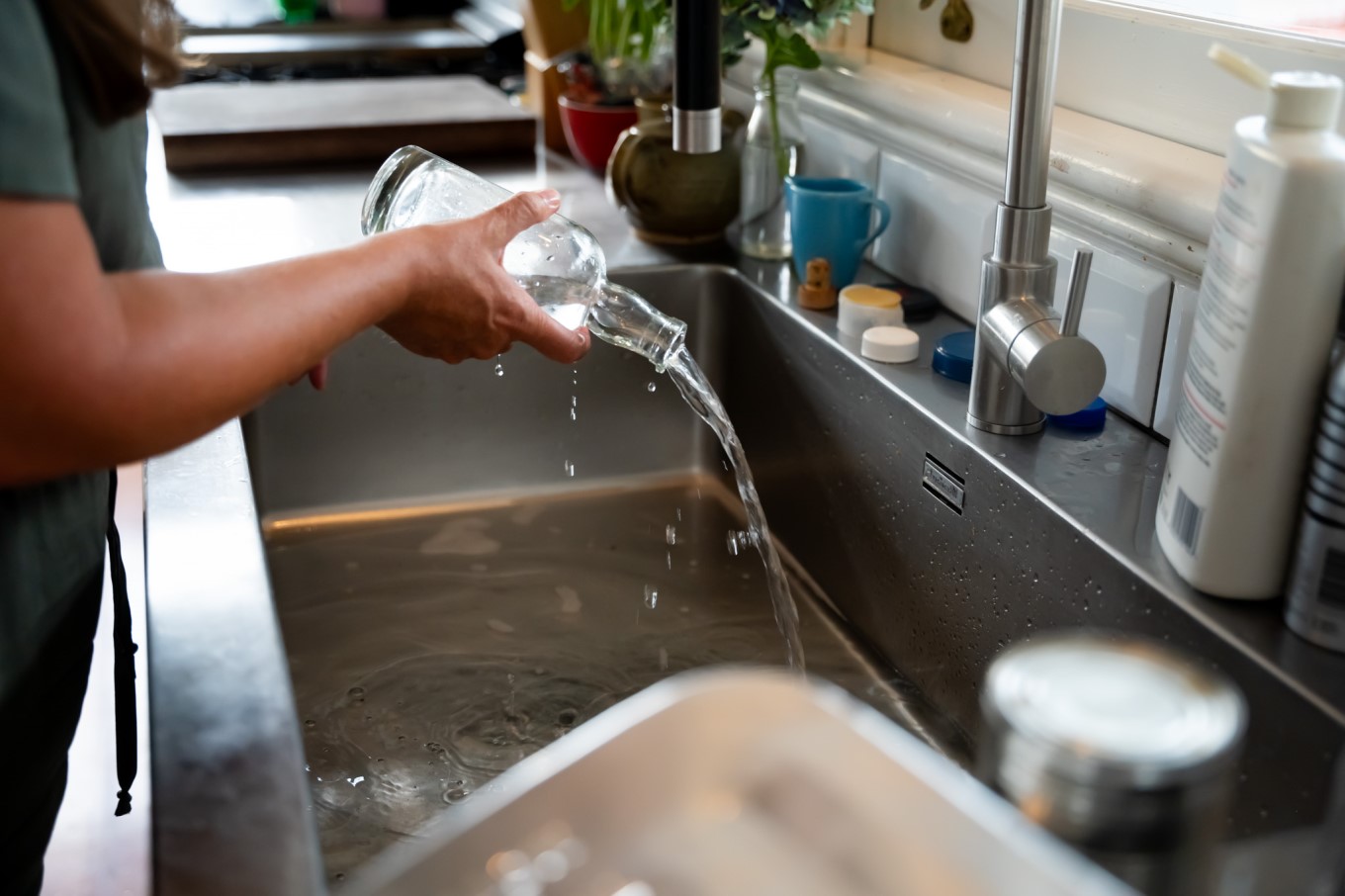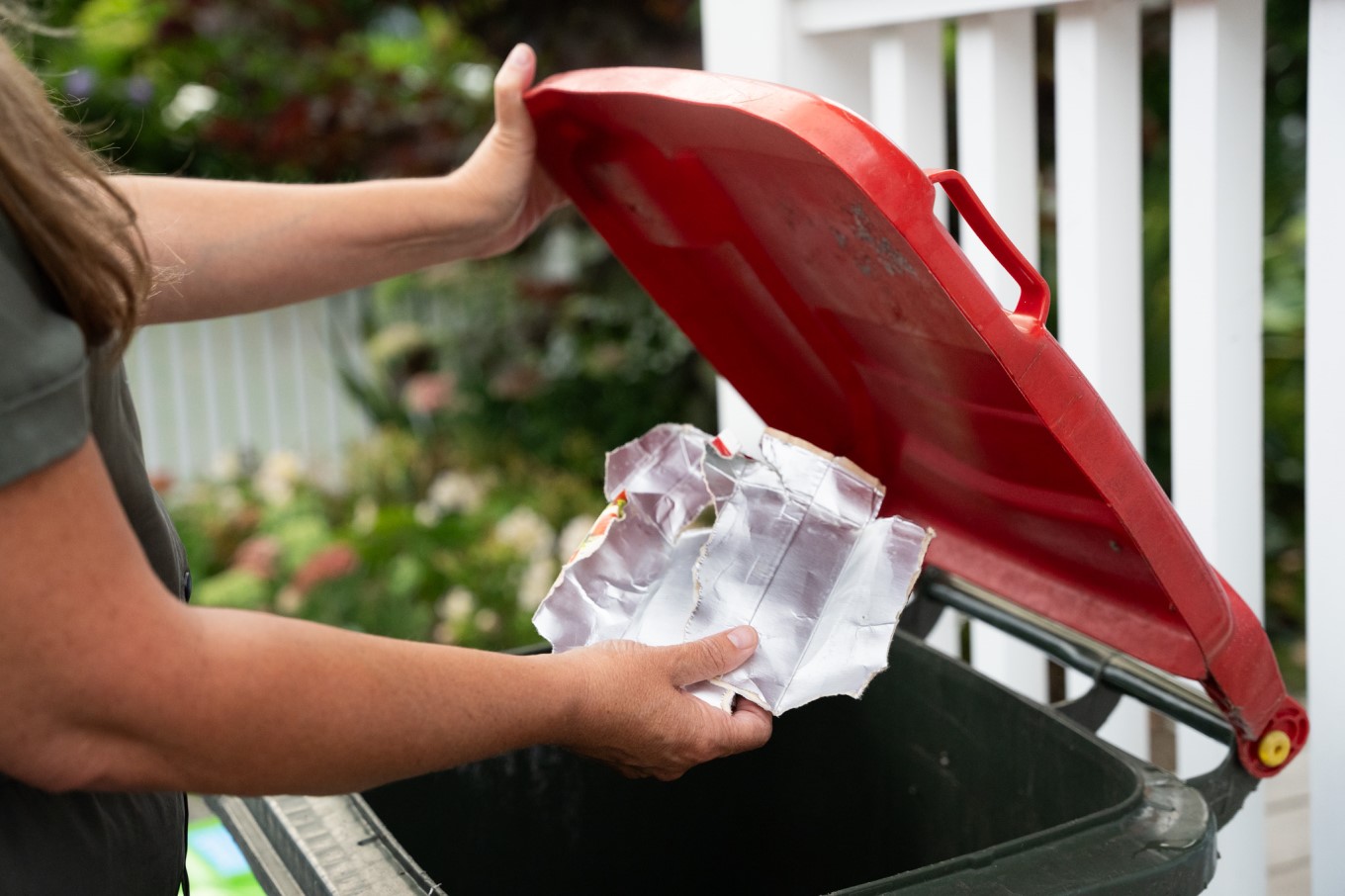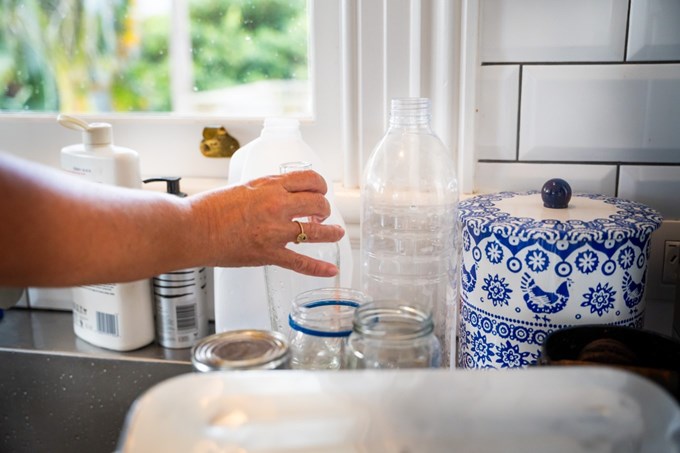There’s no doubt that recycling used items is much better for the environment than sending them to landfill where they can take hundreds of years to break down. However, until now, different councils across Aotearoa have had different rules when it comes to what types of items you can – and can’t – put in your kerbside recycling bin.
To help Aotearoa New Zealand become a circular economy where materials are re-used as much as possible, there are now new nationwide standards for recycling. As well as giving manufacturers more confidence when it comes to choosing recyclable packaging, it will reduce the widespread issue of confusion, which contributes to recycling contamination. Currently a quarter of the materials Aucklanders put in their recycling bins cannot be recycled, and sorting and disposal costs ratepayers an extra $3 million per year.
Here’s a guide to what can go in your bin and what has changed:
Yes, please put me in your recycling bin!
Put clean, rinsed glass bottles and jars in your recycling bin. Note, however, that lids must now be removed and disposed of in your general rubbish. Even better, reuse bottles and jars as storage containers.
Tin, steel and aluminium cans can all be recycled. In fact, steel is 100 percent recyclable, so when you put your empty tin of peaches or baked beans in your recycling bin, you can be pretty much 100 percent certain that it will reappear as another can or a steel product. Tin cans are also made of steel and often get recycled into wire and building materials.
Aluminium drink cans can also be infinitely recycled, plus it’s the most cost-effective material to recycle.
Plastic, while once considered a miracle material, has become an environmental headache worldwide. Plastic containers numbered grades 1, 2 and 5 are now the only ones that you can put in your kerbside recycling bin as they’re easiest to recycle. Check the number inside the triangular recycling symbol. As a general guide, number 1 plastics are usually soft drink bottles or water bottles, number 2 plastics include milk, detergent and shampoo bottles, and number 5 plastics are often takeaway containers, ice-cream containers and temperature-resistant containers.

Check the number inside the triangular recycling symbol before putting it inside your recycling bin and, where possible, try and avoid plastics that aren’t labelled 1, 2 and 5.
All other plastics need to go in your general rubbish bin – you can help to reduce landfill waste by checking the label when you’re buying products. You can also recycle soft plastics, which are plastics that can be easily scrunched in your hand by dropping them off in a soft plastics recycling bin at participating supermarkets and other retailers.
Paper, card, newspapers, cereal boxes and envelopes with windows can all go in your recycling. This also includes egg cartons and pizza boxes. A little bit of grease residue is fine – but no pineapple pieces or slices of salami, please!

Ensure that all recyclables are rinsed and place them loose in your roadside recycling bin.
So what’s changed?
Empty aerosol cans now need to go straight into your rubbish bin (and not your recycling bin), as does aluminium foil and aluminium foil trays and packaging. Alternatively check with your nearest metal recycler whether these items can be dropped off. Beverage packaging made from liquid paper board, such as soy milk cartons or juice boxes cannot go in your recycling bin, instead they can be dropped off at SaveBoard drop off locations.
Compostable packaging and disposable coffee cups go straight into your rubbish bin or home compost if stated – best to use a reusable cup instead.
Also note that no items smaller than 50mm x 50mm and no items larger than 4 litres can go in your recycling bin either.
Please remember to take lids off all bottles and containers and put them in your rubbish bin.
What are my other options?
If you’re unsure whether a particular item can be recycled or put in your general kerbside rubbish bin, check out this handy and comprehensive guide. It also includes information on recycling centres that may accept these items for free or for a fee.

Liquid paper board, which is used for juice boxes and other beverages, can be dropped off at SaveBoard locations.


